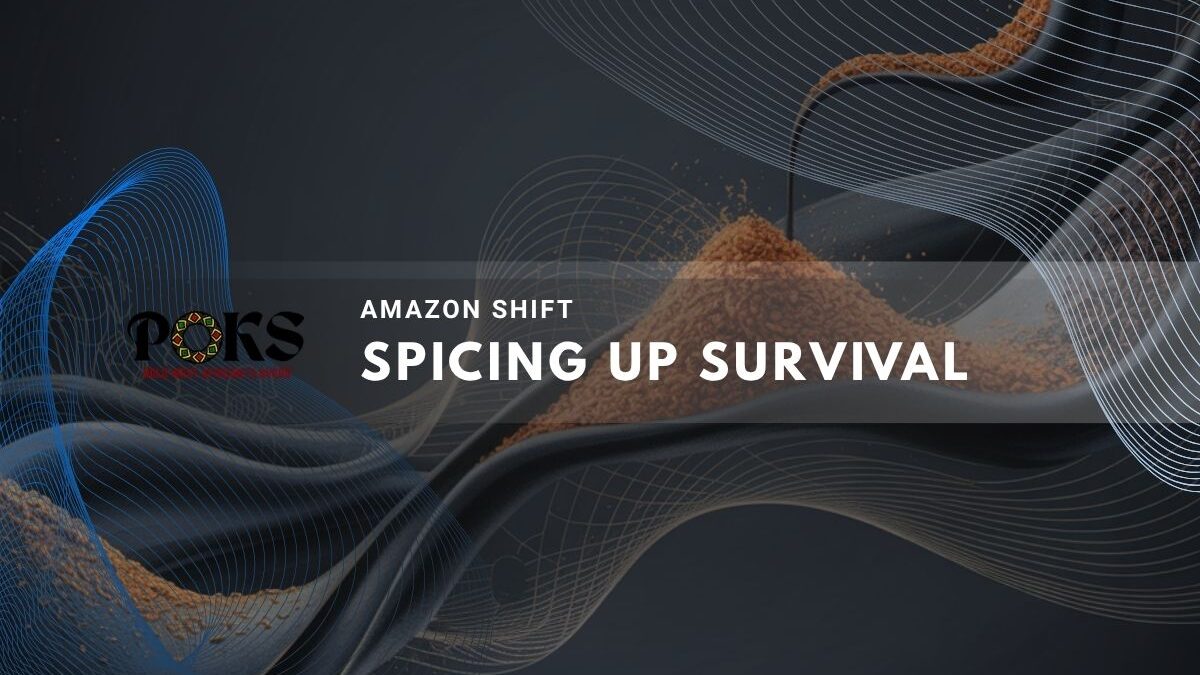POKS Spices has announced it will move all its product sales to Amazon after seeing a significant drop in website traffic. This decision reflects the tough choices many small businesses face to stay afloat in the current market.
Background and Shift to Amazon
POKS Spices, a West African seasoning company, announced in mid-2025 it would shift all sales to Amazon after experiencing a major drop in traffic and sales on its own website starting October 2024. While direct sales declined sharply, Amazon continued to deliver a steady revenue stream, compelling POKS to rely fully on the platform for survival. [1][2]
Financial Impact of Amazon Fees
Amazon’s fees take about 40% of every sale, significantly reducing margins. For example, a $17 bottle of seasoning leaves POKS only $10.20 after fees covering warehousing, listing, and distribution. Hidden costs also erode profits, including penalties for late shipments or damaged inventory, according to food brand consultants [Cherrystone Food Group]. This margin squeeze is a common challenge for small Consumer Packaged Goods (CPG) brands on Amazon. [3][4]
Industry and Economic Challenges
The situation reflects broader pressures on small food brands, particularly those led by entrepreneurs of color who often lack significant external funding. Rising costs in retail and limited access to capital make scaling difficult. Peer companies report similar declines in direct consumer engagement, signaling systemic issues in the CPG industry. [5][6]
Temporary Sales Boost and Visibility
Following POKS’s announcement, sales surged by 50% in August 2025, with July marking their best month. Additionally, improved Amazon search rankings increased product visibility, though these gains come at the cost of high Amazon fees and uncertain long-term growth. [7]
Strategic Adjustments
POKS is cutting expenses by pausing marketing and trade shows and preparing to shut down its own website by mid-2026 due to hosting costs. Founder Abena Foli is seeking full-time employment to financially support the business operations. The company hopes to get into large retailers like H-E-B and Kroger but acknowledges that without significant investment this remains a distant goal. Selling to a major spice company such as McCormick is viewed as a hopeful exit strategy.[8]
Broader Implications for Small Brands
Small food brands face tough decisions: rely on Amazon’s massive reach and incur high costs or risk shuttering operations. This trade-off highlights the challenging ecosystem for niche, culturally specific brands trying to scale sustainably.
POKS’s story illustrates the survival strategies small CPG brands adopt in the current retail landscape. While Amazon offers a lifeline, high fees and operational risks persist. POKS plans to continue steady, gradual growth while seeking alternative retail partnerships.
